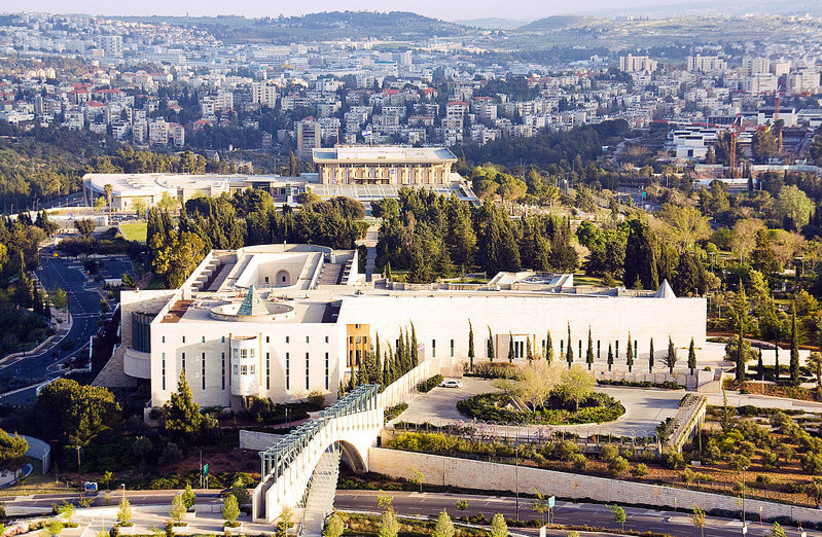The High Court of Justice on Monday ordered the state to respond to a petition by the NGO Lavi by October 27 against the impending natural gas deal between Israel and Lebanon.
It was unclear when the High Court would actually hold a hearing on the issue and the justices rejected Lavi's request for an interim injunction freezing any further progress toward the deal.
The Kohelet Policy Forum has also filed a petition against the deal.
A number of legal issues have been raised, from the role of the Knesset in such a deal to whether a referendum must be held as in certain cases in which the government might negotiate to waive its rights to a certain land-based territory.
The Government is expected to argue that it is negotiating over economic rights to waters off the coast that are different from actual land.

Justice Minister Gideon Sa'ar has also said that the Government plans to submit any eventual deal to the Knesset.
The High Court generally declines to rule on such issues before a deal is finalized, such that it might view the petitions as premature until the deal comes before the Knesset or some operative and concrete move is about to take place.
In addition, the justices tend to stay out of diplomatic decisions unless an explicit law is violated.
